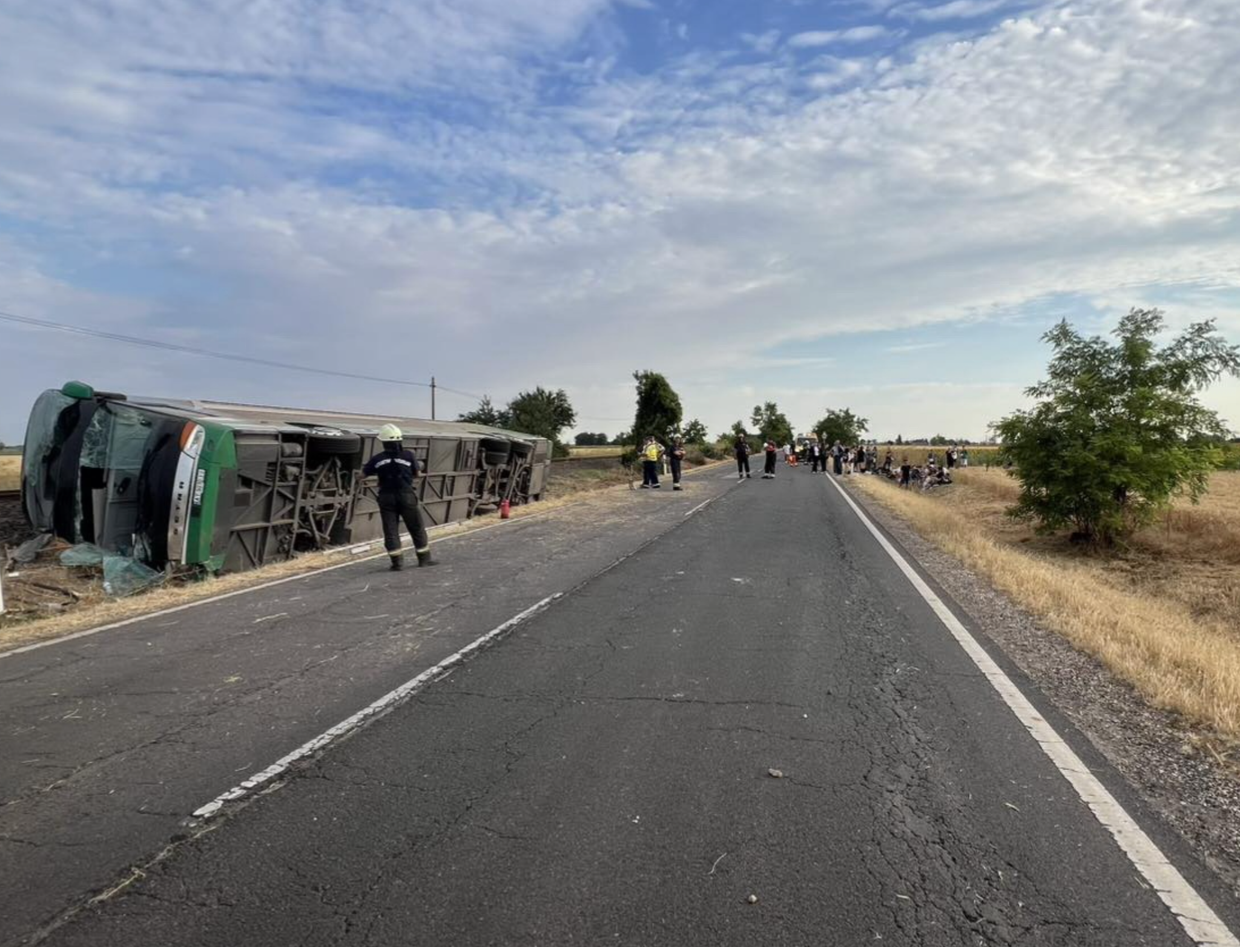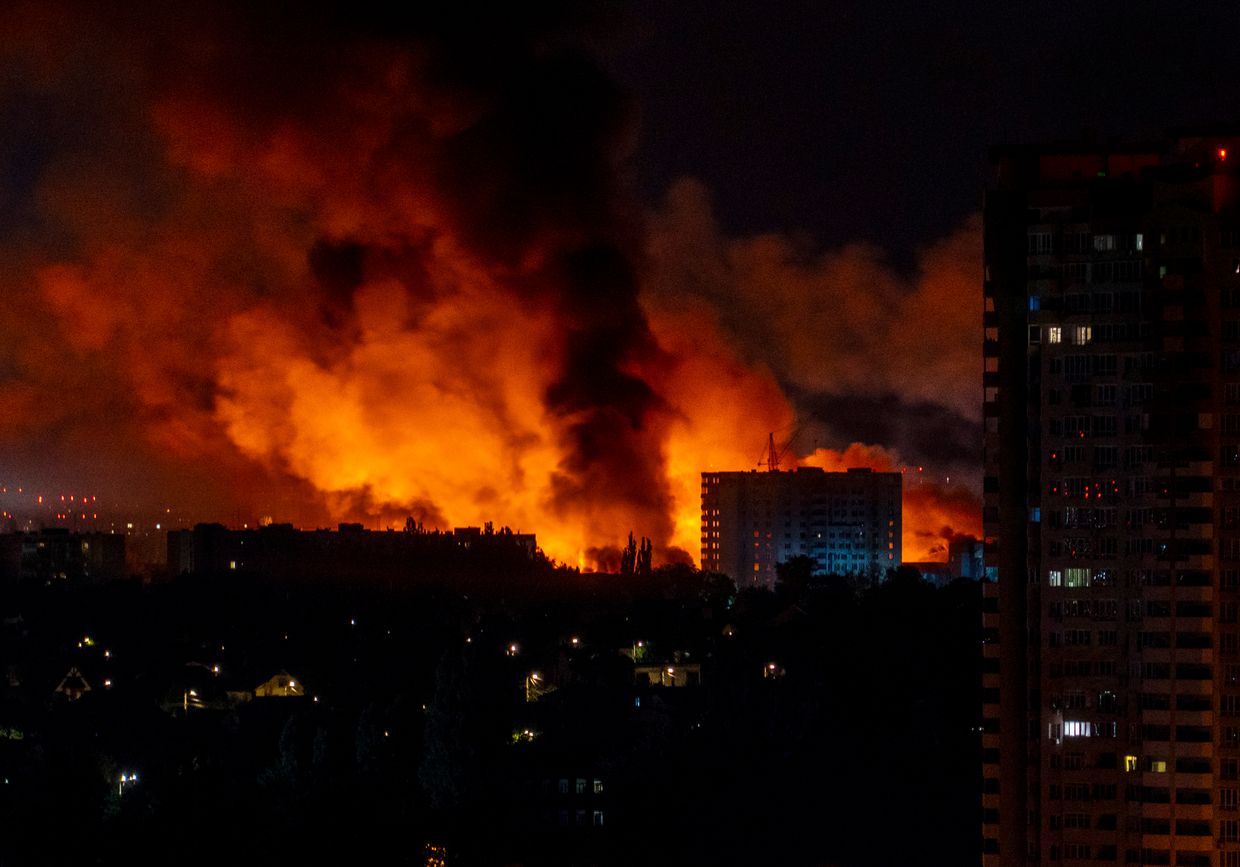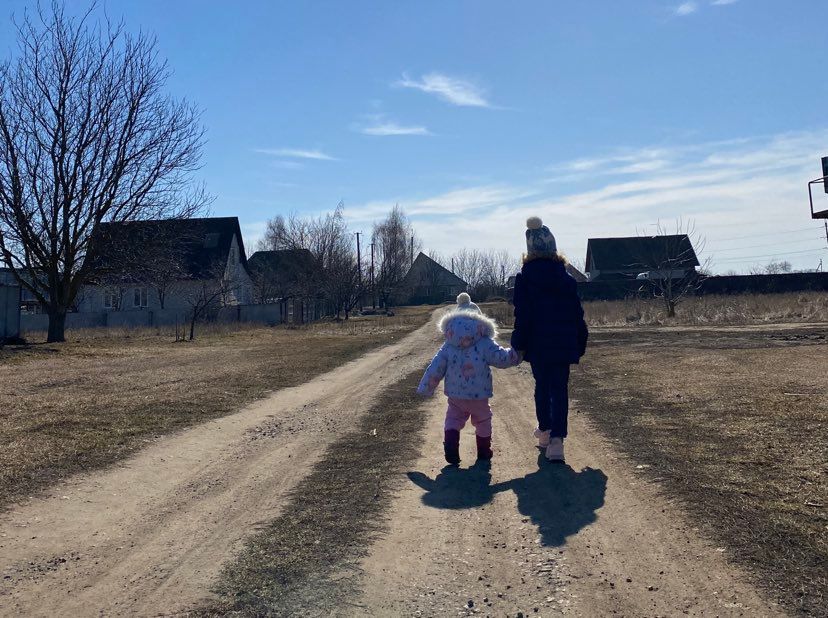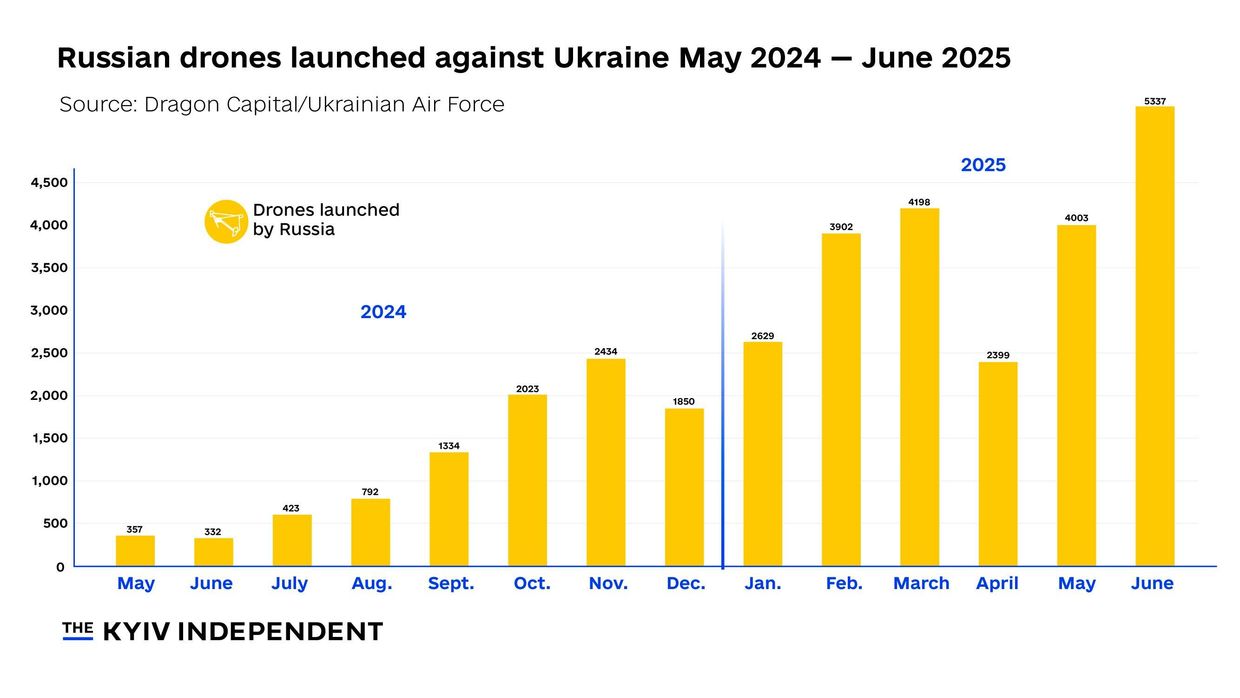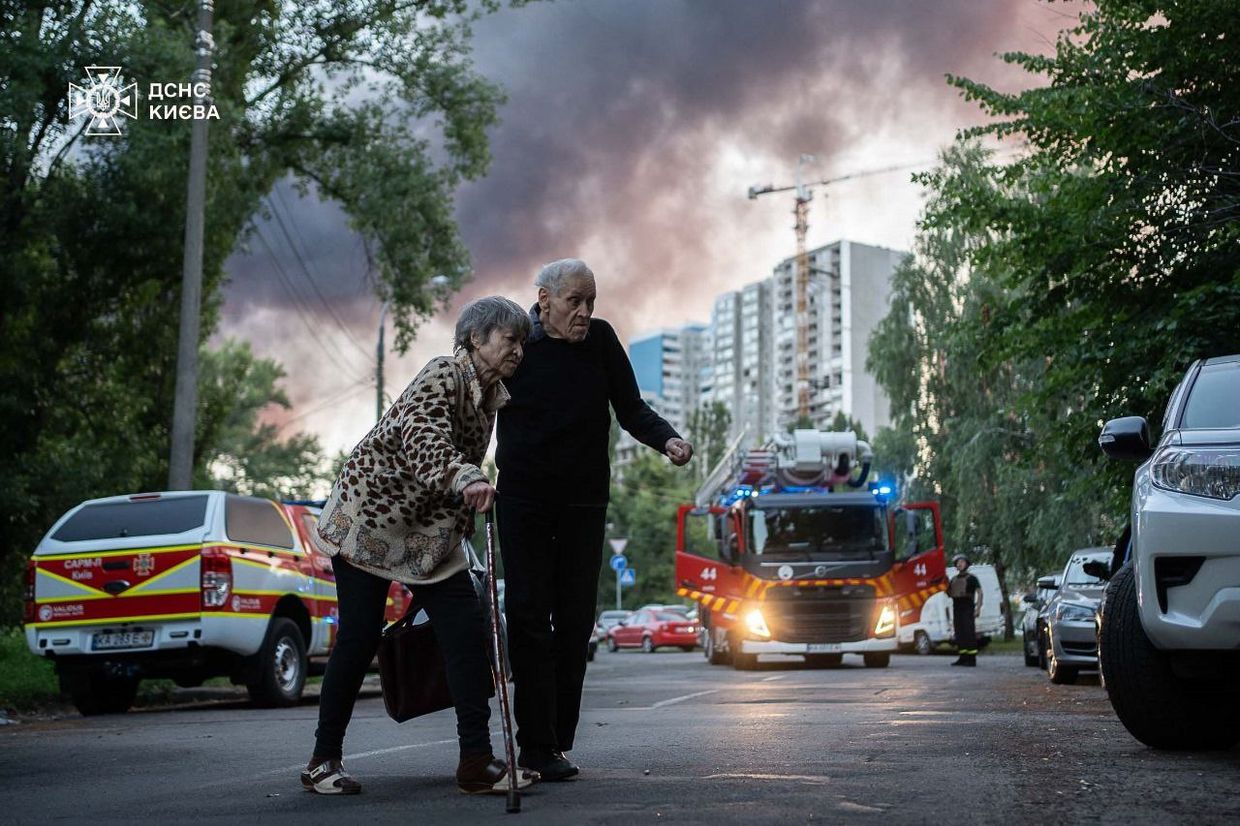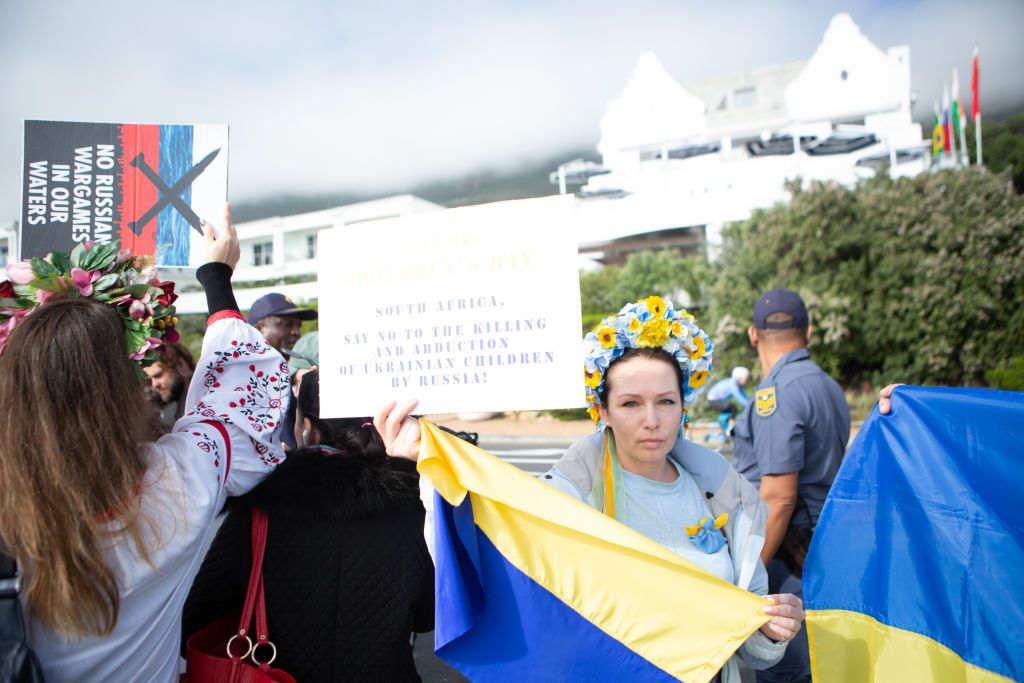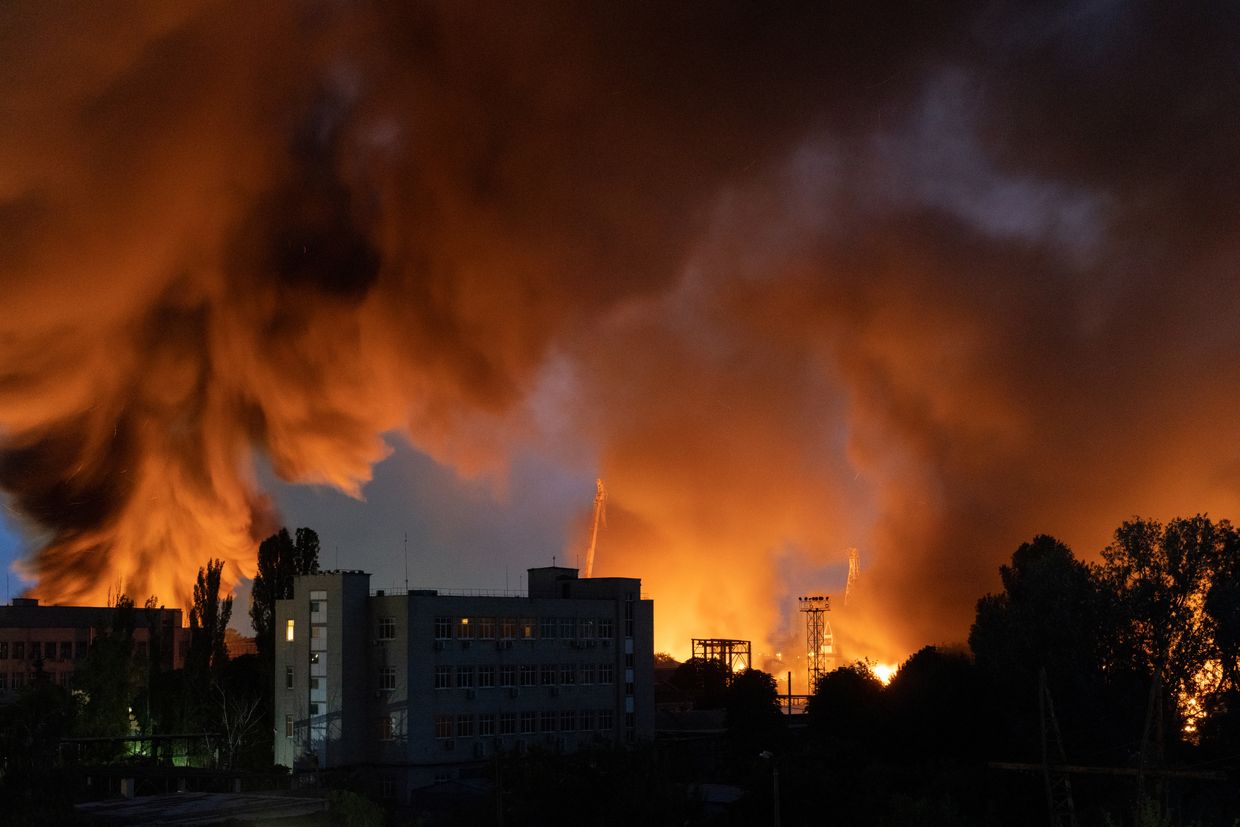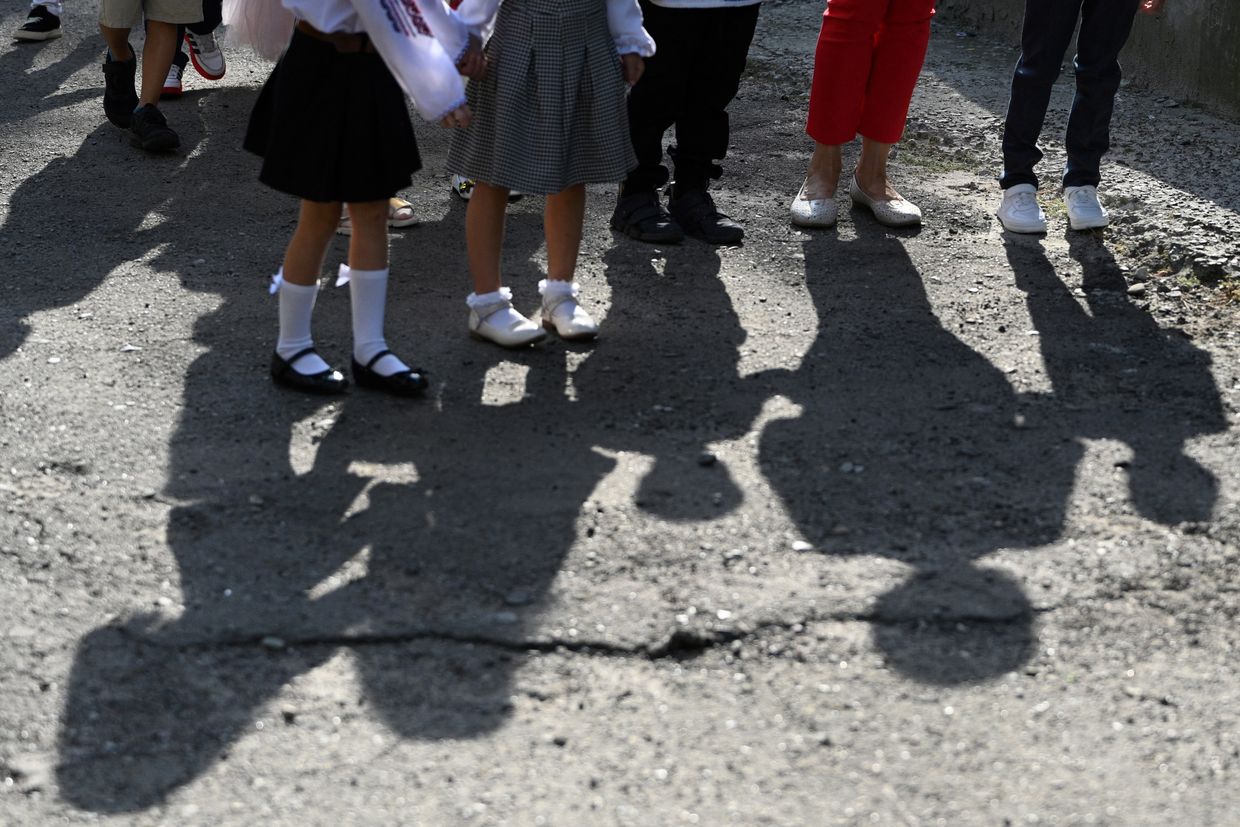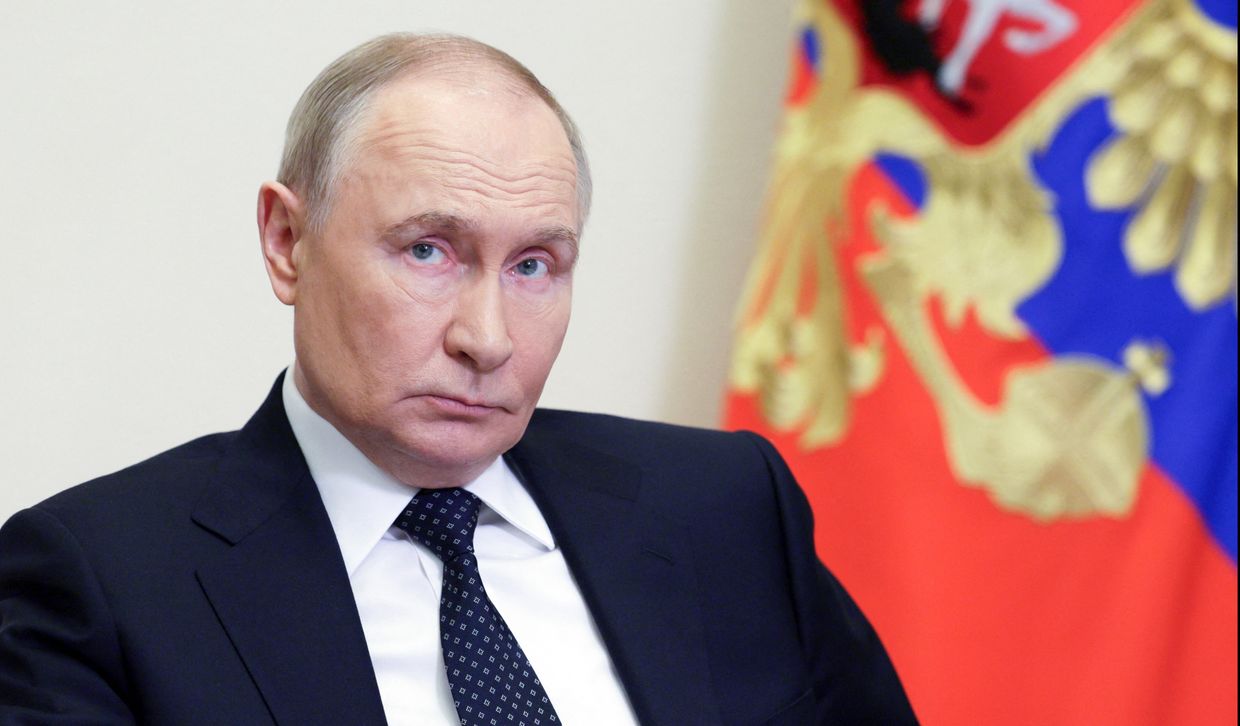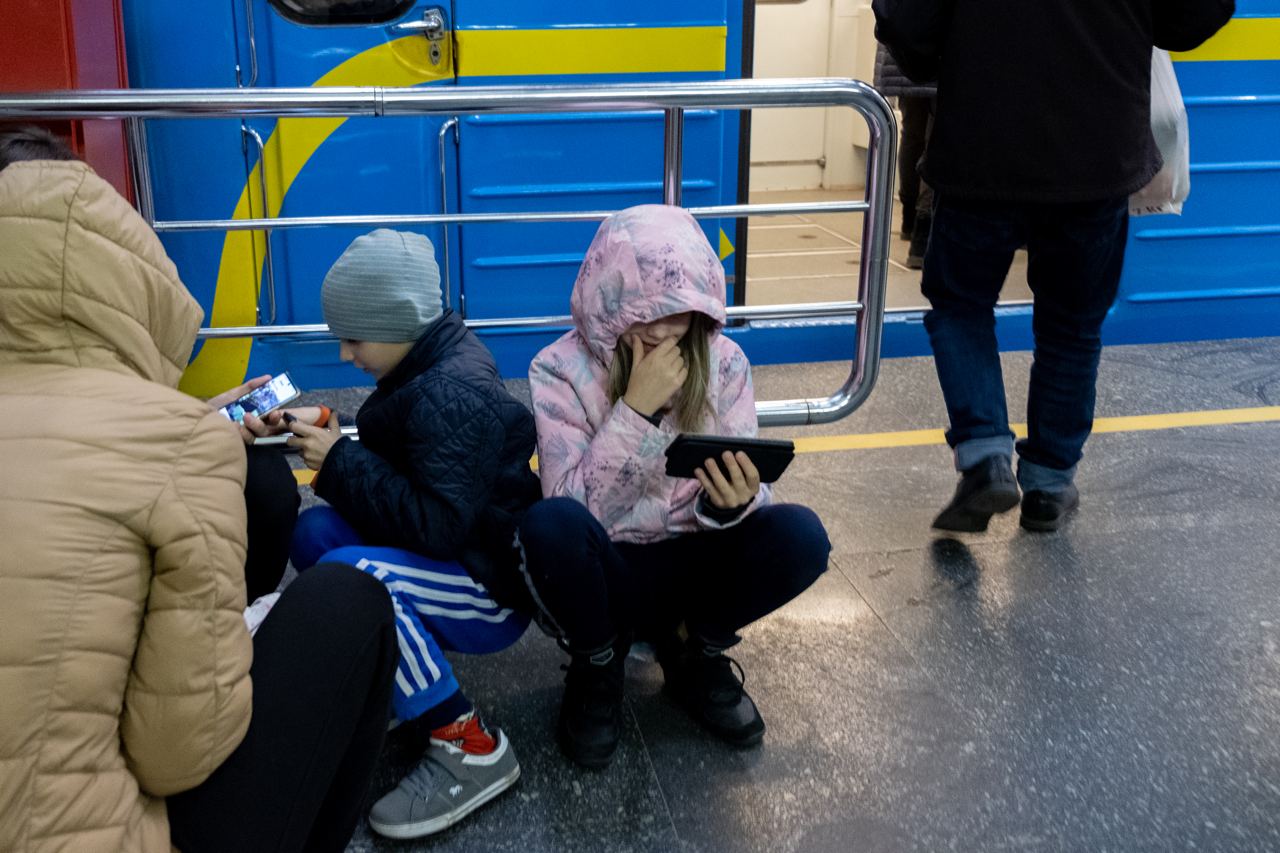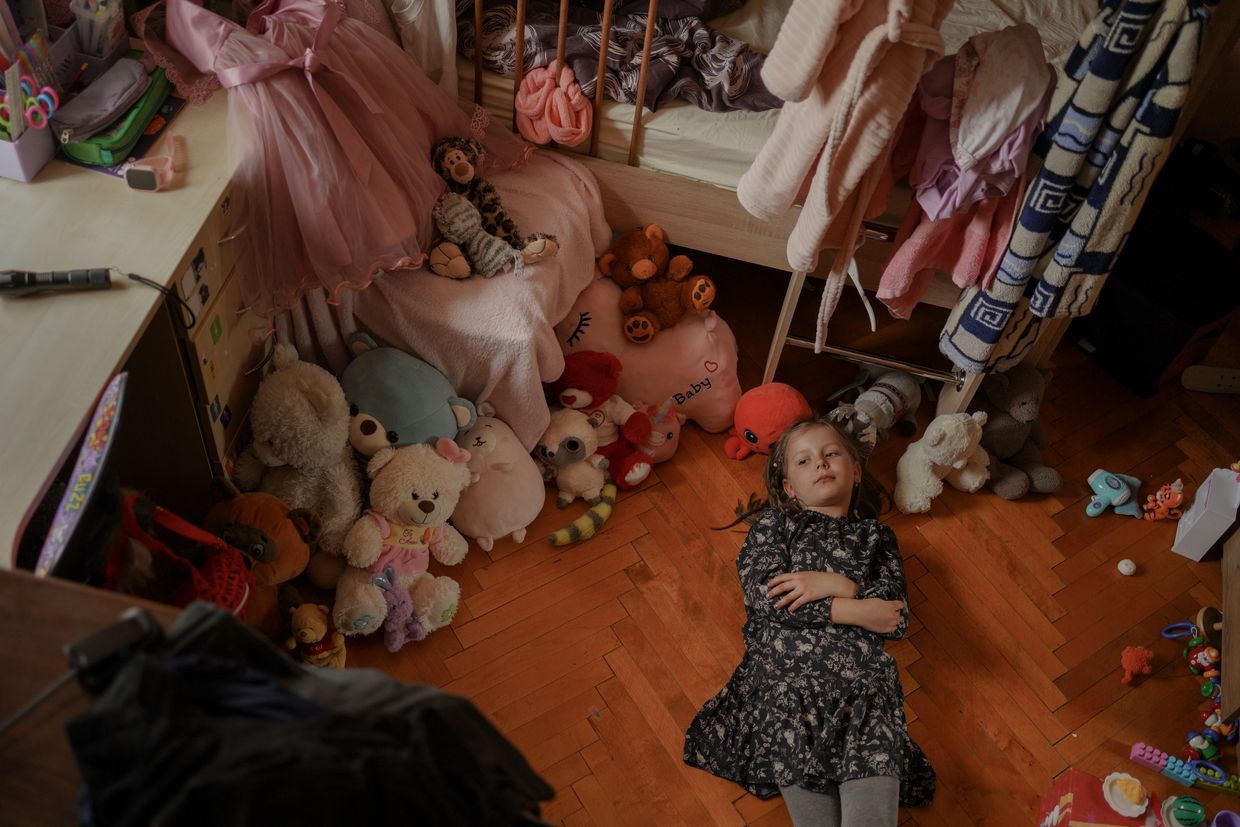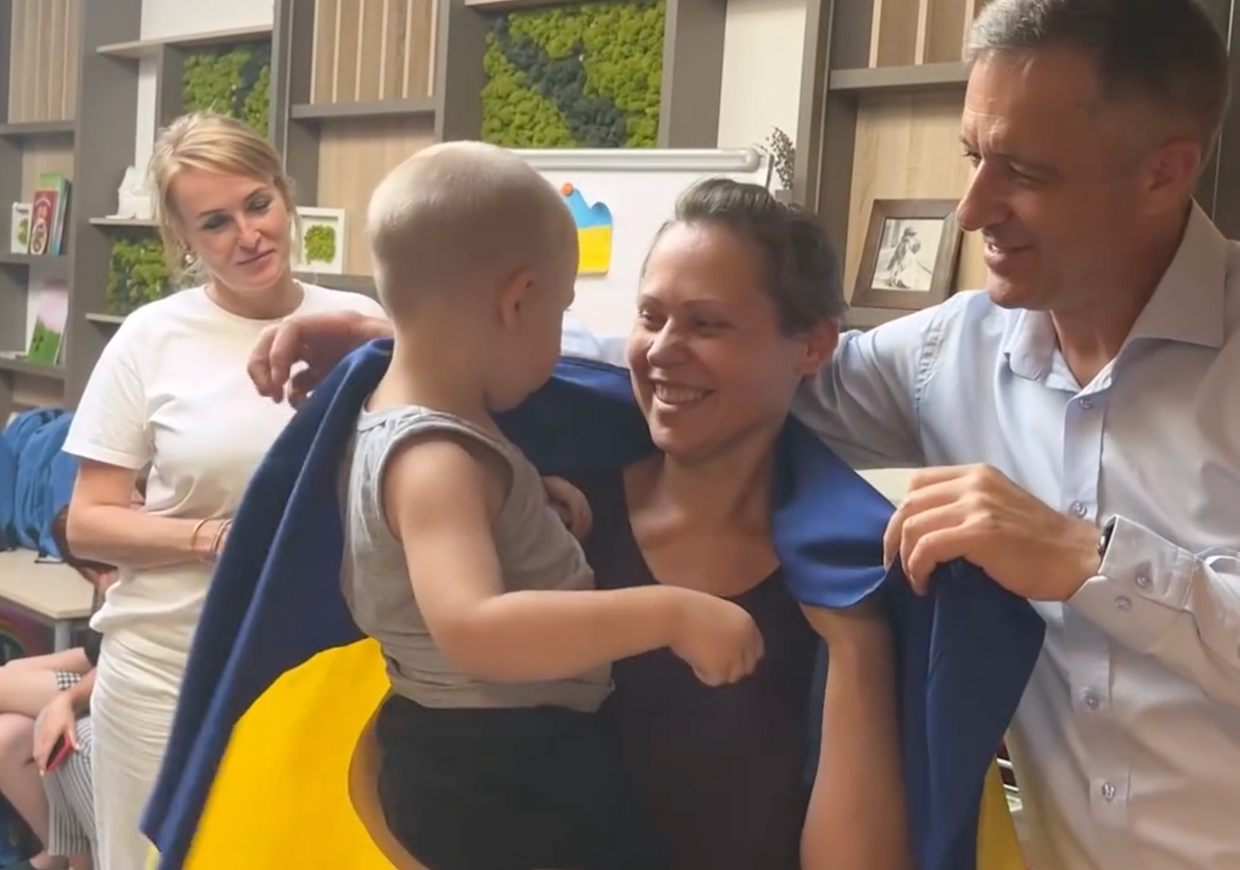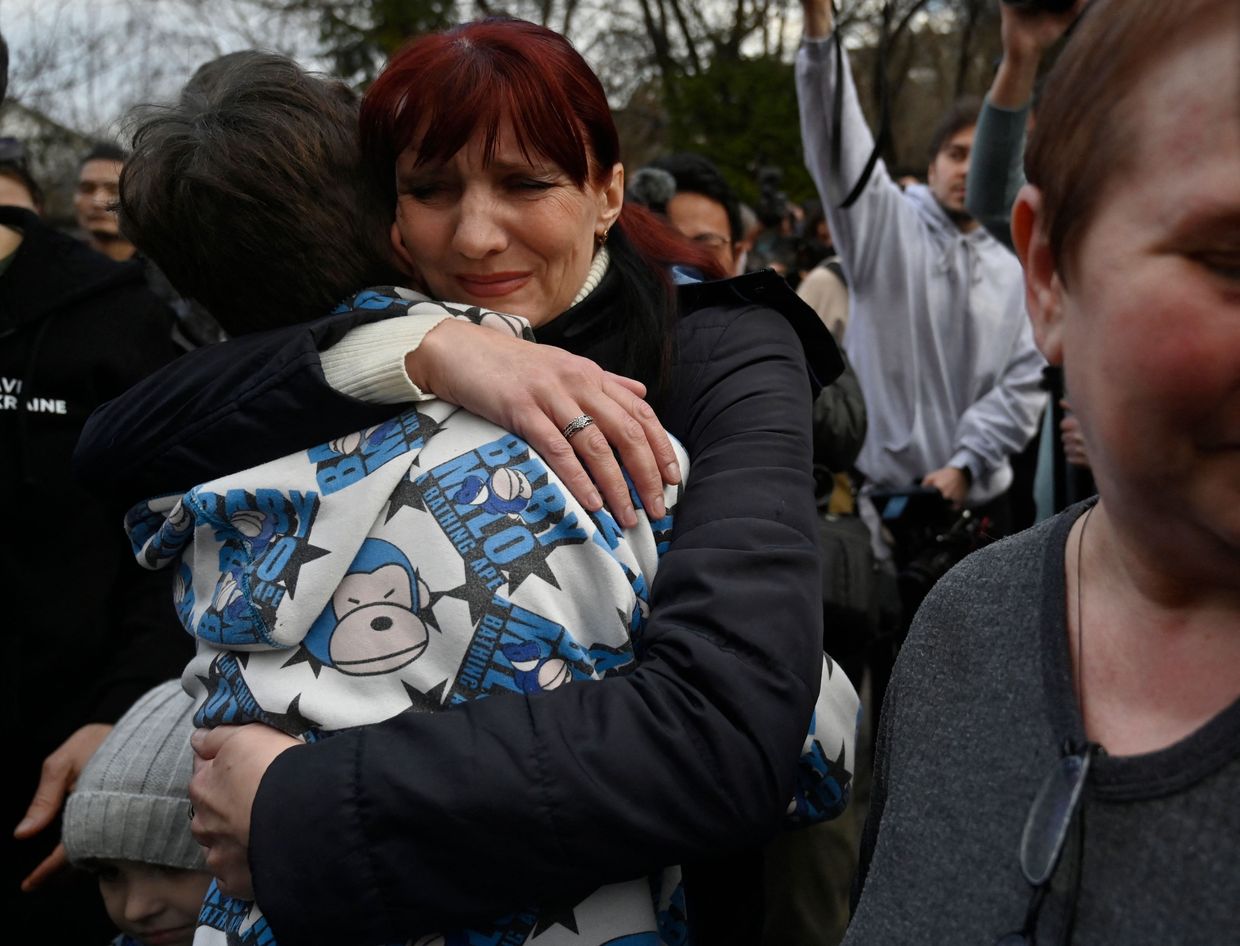European court makes history: Russia guilty of Ukraine human rights violations since 2014 and plane downing MH17
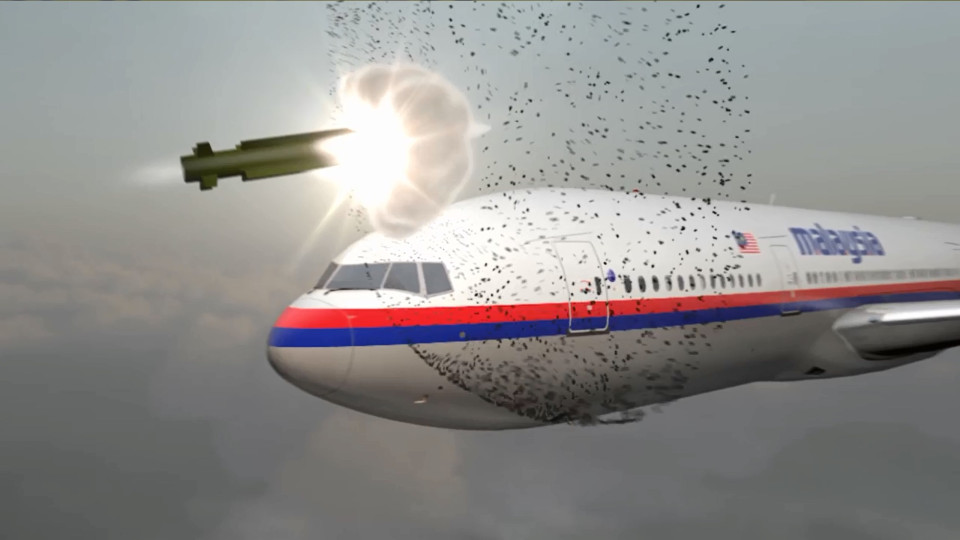
The European Court of Human Rights (ECHR) delivered a landmark ruling on 9 July, finding Russia responsible for widespread human rights violations during its war against Ukraine and the 2014 downing of Malaysia Airlines flight MH17.
Why does this matter? It’s the first time an international court has held Moscow accountable for human rights violations since Russia’s invasion began in 2014.
The case combined four separate legal challenges into one massive proceeding. Ukraine filed complaints about systematic abuses in occupied Donetsk and Luhansk, including something particularly disturbing: the kidnapping of children from orphanages and their deportation to Russia. The Netherlands joined with its own application over MH17. Then Ukraine added a fourth complaint covering violations since the 2022 full-scale invasion.
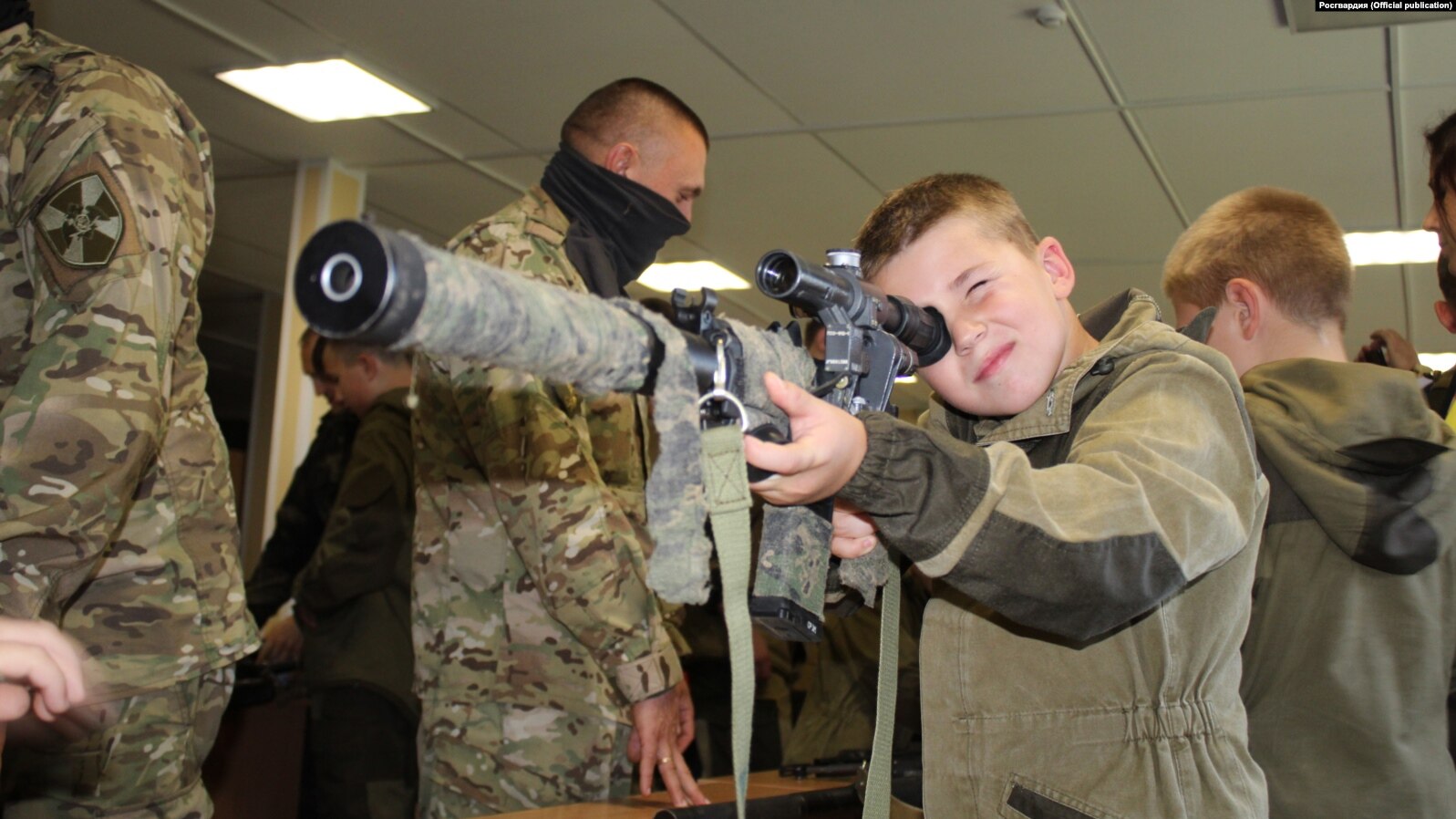
“Putin’s Hitler-Jugend.” Russia builds tomorrow’s army with stolen Ukrainian children, Yale lab reveals
What did the court actually find? The Russian violations include:
- killings of civilians and Ukrainian soldiers
- torture
- arbitrary detention
- forced displacement through so-called “filtration” camps
- systematic suppression of the Ukrainian language.
But here’s what makes this ruling unprecedented: 26 countries and an international organization joined as third parties. That level of international backing is extraordinary.
Ukrainian judge Mykola Hnatovskyi put it bluntly: this is “probably the largest and most important case in the entire history of the ECHR.”
Ukraine’s lawyers forge unprecedented international case against Russia for decade
Behind this landmark ruling lies years of painstaking legal work. Marharyta Sokorenko, the Commissioner for ECHR Affairs at Ukraine’s Justice Ministry, called the case “the culmination of a long and thorny path of fierce legal confrontation for law and truth.”
How grueling was the process? Sokorenko described it as “the result of more than ten years of complex work, sometimes ‘on the edge’ and ‘this is the last time,’ by the entire team.” She added that Ukrainian lawyers “were pioneers in forming the interstate lawsuit and evidence base.”
For the legal team, this wasn’t just another case. “For each of us, this case goes far beyond official duties,” Sokorenko wrote on Facebook ahead of the ruling.
Russia missile attack killed 298 people in MH17 air crash
On 17 July 2014, Malaysia Airlines flight MH17 was traveling from Amsterdam to Kuala Lumpur when it was shot down over eastern Ukraine by a Russian-supplied Buk missile. All 298 passengers and crew members died, including 196 Dutch nationals—making it one of the deadliest aviation disasters in Dutch history.
The human cost extends far beyond the immediate tragedy. A decade later, research by Professor Jos de Keijser from the University of Groningen reveals that one in eight families of the victims still struggle with severe, chronic grief. These survivors face insomnia, depression, PTSD, and concentration problems that persist years after the disaster.
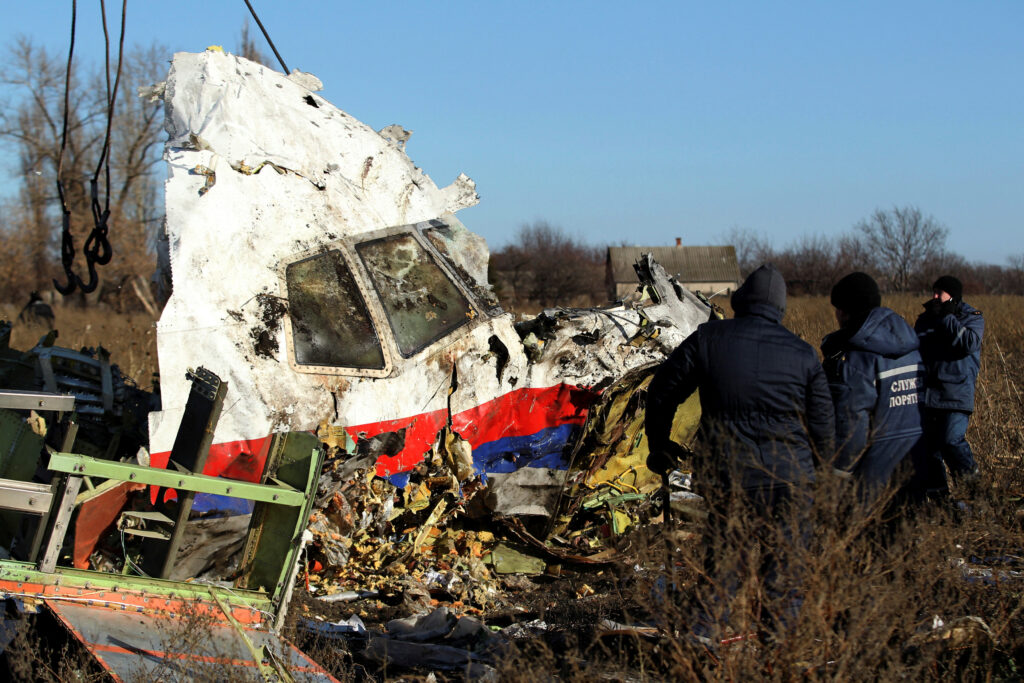

Decade after MH17 disaster: 1 in 8 families of victims still grapple with severe grief
Russia controlled part of Ukraine where plane was hit
For nearly a decade, families of the 298 people killed when MH17 was shot down over eastern Ukraine waited for justice. Now they have it—sort of.
The European court determined Russia was responsible for downing the Malaysia Airlines flight on 17 July 2014. This marks the first international judicial finding holding Russia accountable for the disaster.
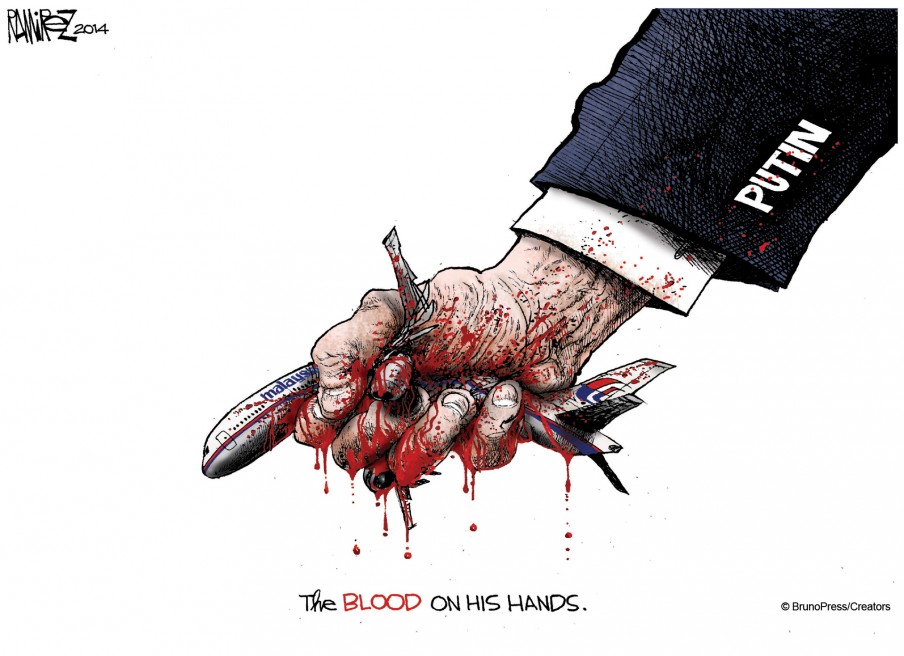
How solid is the evidence? A Joint Investigation Team from five countries spent years building the case. Last November, a Dutch court sentenced three men to life imprisonment: Russians Igor Girkin-Strelkov and Sergey Dubinsky, plus Ukrainian citizen Leonid Kharchenko. They remain out of prison because Russia has refused to extradite its citizens. The court also ordered over €16 million in compensation to victims’ families.

Crucially, during that verdict reading, The Hague District Court also recognized that Russia controlled the self-proclaimed “Donetsk People’s Republic” from at least May 2014—months before MH17 was destroyed.
Netherlands Defense Minister Ruben Brekelmans called the ECHR decision “an important step toward justice.”
“The suffering of the relatives of MH-17 is immense, intensified by Russia’s denial. Now the European Court confirms what we have known for 10 years: Russia is responsible. I hope it contributes to processing the grief,” Brekelmans wrote.
Russia denies involvement. But the evidence trail led investigators to conclude Moscow’s control began well before the tragedy occurred.
Court recognizes Russia wants to destroy Ukraine
The court ordered Russia:
- to release all people illegally detained in occupied territories
- cooperate in creating an international mechanism to identify kidnapped children and return them to their families.
Will Russia comply? History suggests no. Moscow has ignored international court rulings before.
But Ukraine’s Justice Ministry sees this differently. They called the ruling “unprecedented” and noted the court satisfied nearly all government complaints. More importantly, the court recognized something Ukrainian officials have argued for years: Russia is conducting “a targeted campaign to destroy the Ukrainian state as a subject of international law.”
The ministry went further, stating that the court found “Russia’s aggression is not limited to Ukraine—it is a global threat that questions the very idea of coexistence of states in the legal field. In particular, Russia demonstrates hostility toward other member states of the Council of Europe.”
Ukrainian judge Hnatovskyi explained why this case stands apart: “No previous conflicts examined showed such unanimous condemnation by the international community of the respondent state’s flagrant disregard for the principles of international legal order established after World War II.”
What’s the broader significance? This ruling doesn’t just address past violations—it creates legal precedent for holding Russia accountable for systematic human rights abuses. The question now is whether international pressure can translate into meaningful consequences for Moscow’s actions.

